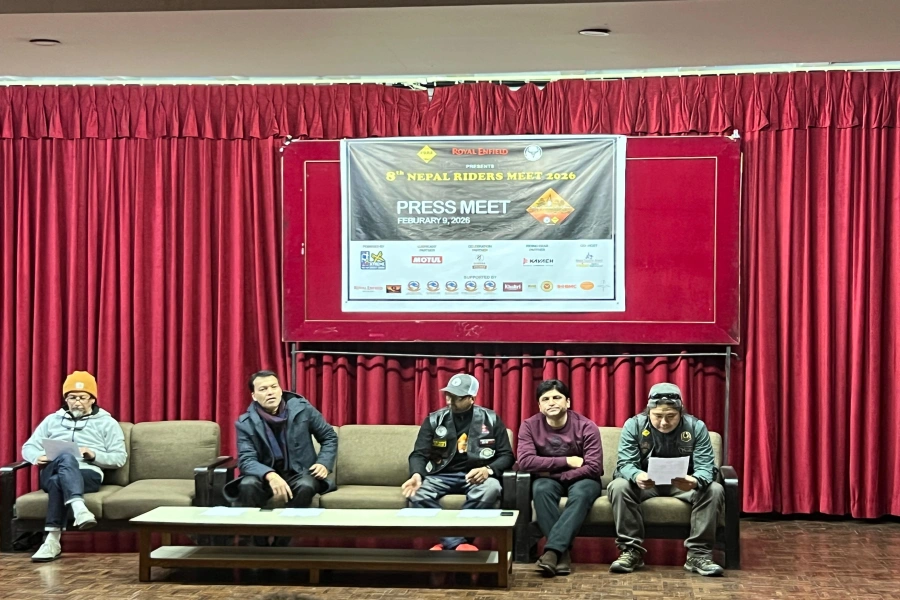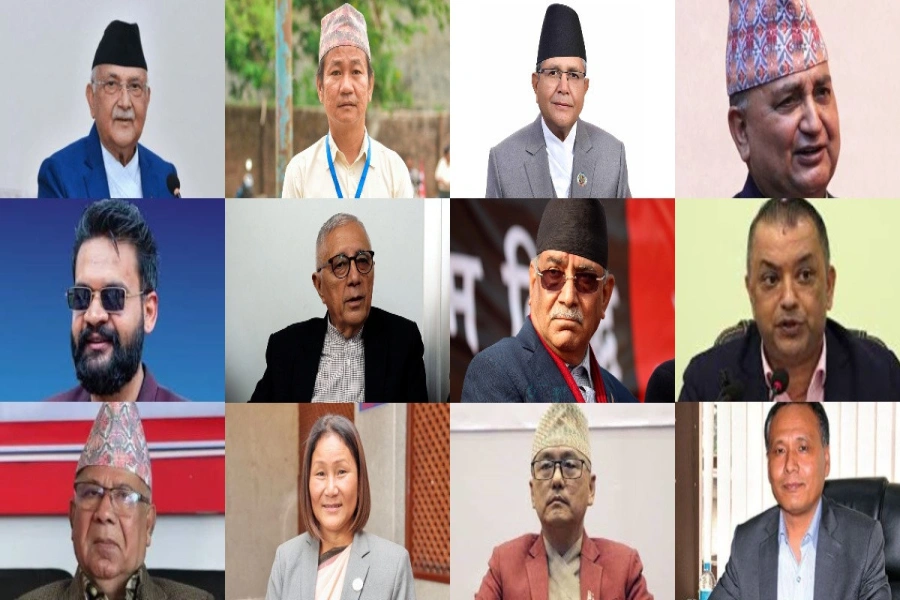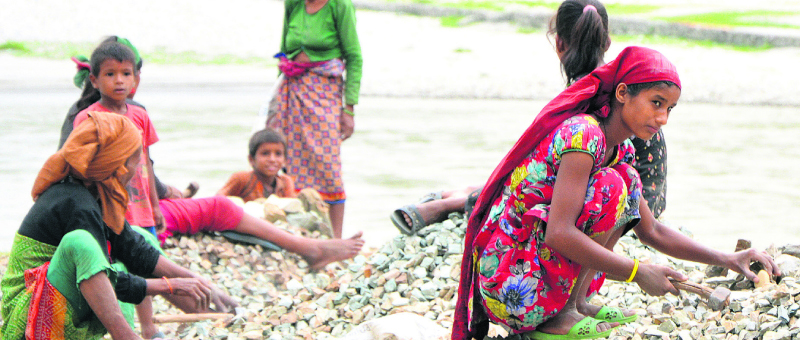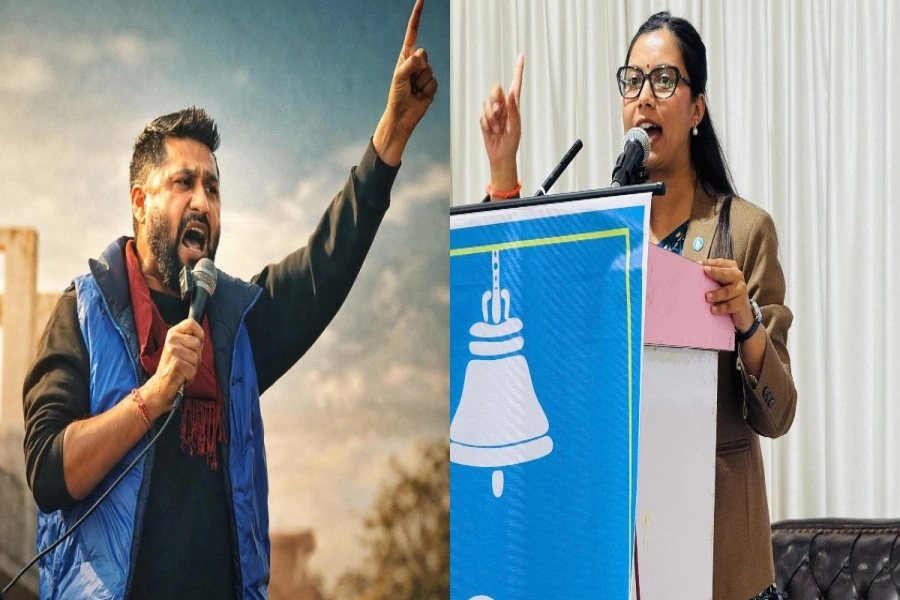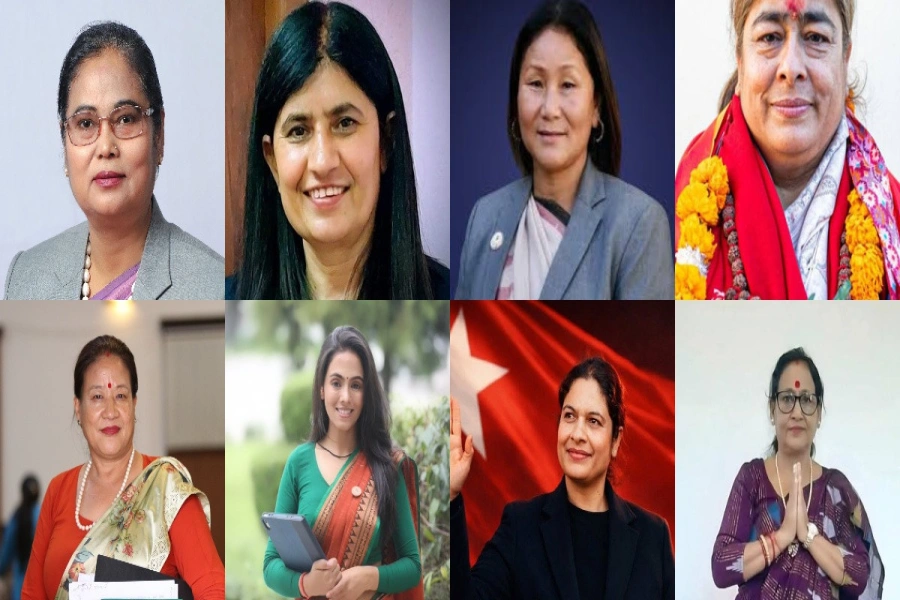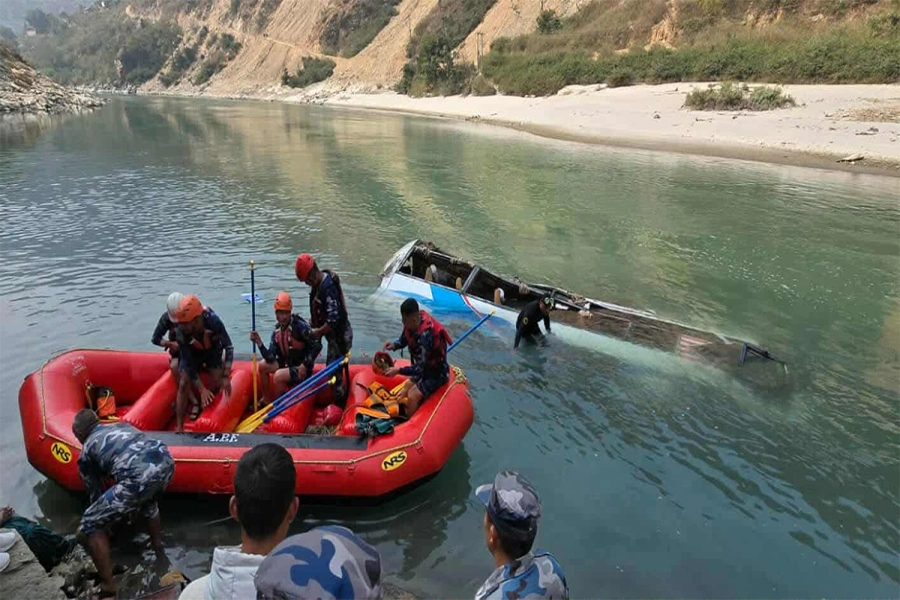KATHMANDU, Sept 20: The country is celebrating first anniversary of the promulgation of the new constitution. One year on, the constitution that was expected to end political transition spanning almost seven decades and bring stability has still been revolving around the politics, pushing the economic agenda on the back burner.
The new constitution was expected to pave the way for prosperous Nepal ending political transition, according to Federation of Nepalese Chambers of Commerce and Industry (FNCCI) President Pashupati Muraraka. "But the country is still hovering around the political agenda," Murarka said.
"The path to prosperity passes through rule of law and economic freedom," he said, adding that the business fraternity had a bitter experience over the past year due to old laws and the lack of law that encourages private sector investment. "Most of the laws related to private sector and investment are redundant and hence are in need of amendmen”."
The legal fraternity also believes that several laws related to the economic sector are in need of amendment. Advocate Jagdish Dahal says that the current laws need amendment so that they can help create investment-friendly environment. "Some of the laws discourage private sector investment," he added.
Confederation of Nepalese Industries (CNI) President Haribhakta Sharma echoed Murarka.
"Rule of law and the confidence in people that the law is equal for everyone help create investment-friendly environment and promote fair practice and competitiveness in the private sector," Sharma said, adding that the culture of 'some animals are more equal than others' creates an unjust environment and prohibits fair competition. "On top of that, it is already late to bring the economic agenda to the forefron”."
The time calls for bringing the economic agenda to the forefront as promised by our political leaders, Sharma told Republica. "The leaders should now fulfill their commitment of economic revolution. But even after the promulgation of constitution, stability has remained elusive which has become a major concern for investors."
However, our leaders are still seen busy in political wrangling. Though the constitution has ensured equal opportunity, the governments formed in the past year have promoted crony capitalism and those who are near and dear to political parties and leaders have got favoritism in the distribution of legal permits, government grants, special tax breaks, or other forms of state interventionism.
It is but irony that the country witnessed the lowest economic growth of 0.77 percent in the year when the constitution was promulgated though due to devastating earthquake and economic blockade. The earthquake and economic blockade has been projected to increase the number of poor people in the country, making Nepal one of the poorest counties in South Asia.
"The political leadership now has to understand that they cannot get respect in the world for being the leader of one of the poorest countries of the worl”," an economist said“ "The leaders should correct themselves and concentrate on economic development to make Nepal a prosperous country so that they also get due respect," he suggested.
New revolution possible: Baidya







